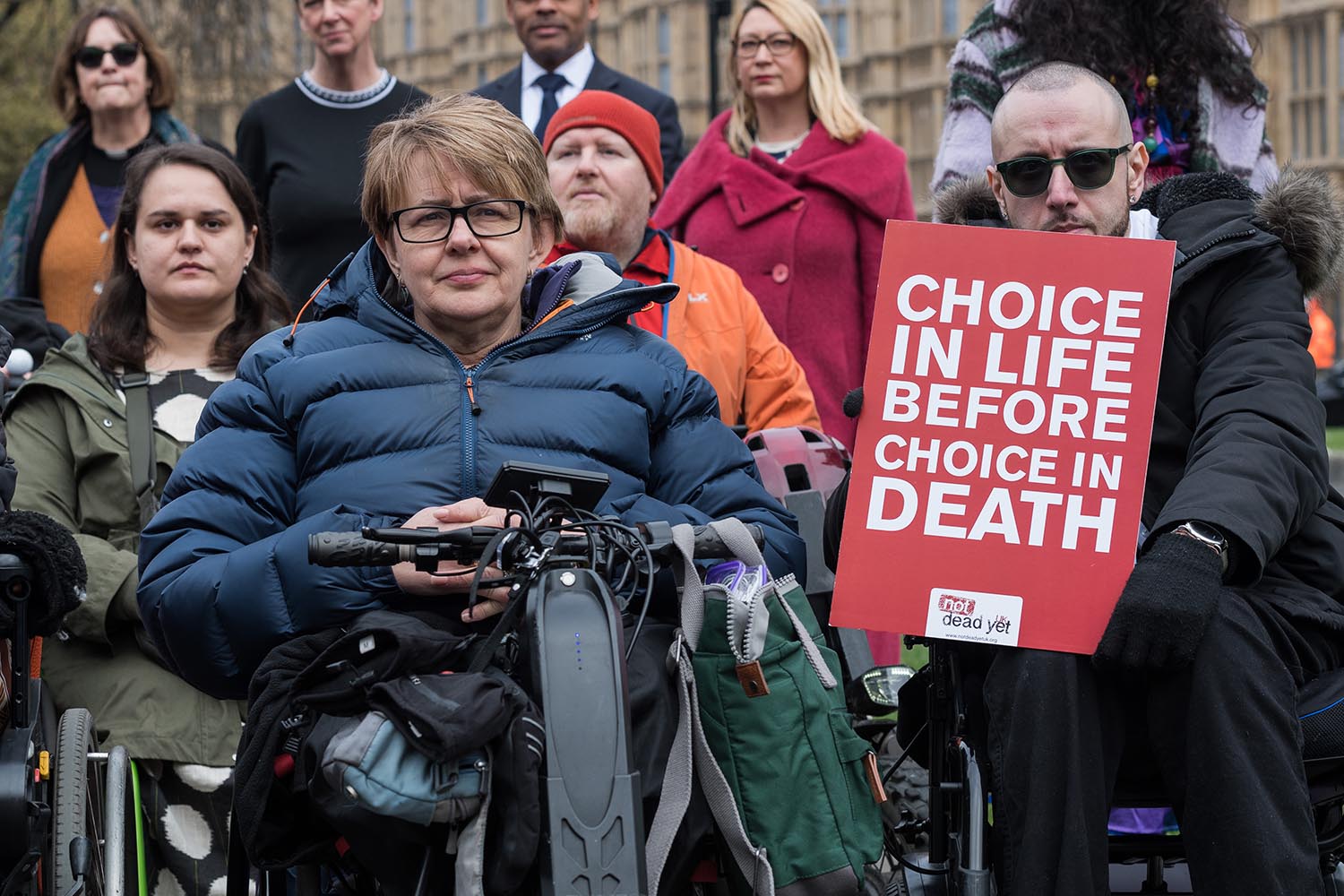In considering the scenarios of the third reading of the Terminally Ill Adults (End of Life) bill, I thought long and hard about what this moment would be like. There are some who have portrayed this as a victory for those who support assisted suicide, but whatever the outcome there would be large swathes of the public unhappy with the decision. Some are worried their life will go on too long, and there are those who fear their lives will be cut short, and we still don’t have better palliative care. It is a postcode lottery, with no plans in place to improve it.
No legislation stands in isolation. Lay on the current proposals for swingeing cuts to the challenging welfare bill, and the discrimination that disabled people face in every part of their lives, and there are many who are worried about their future. The bill that is now going to make its way to the Lords does not take any of that into account.
So-called “safeguards” will not hold. An amendment to ensure that advice is accessible to those with autism, for example, was voted down. Indirect coercion is hard to detect or prove and has happened in Oregon, the first US state to allow assisted dying. Coercion would most likely not be direct and implicit, but in quiet conversations where the conclusion is implied.
The proposed punishment of up to 14 years in prison is useless if the crime cannot adequately be detected. During Covid we saw countless cases of disabled people being assigned “do not attempt resuscitation” orders.
A recent Not Dead Yet UK survey shows 57% of people agree that for those disabled people who struggle to access the support they need, they may be more likely to seek assisted suicide. A compassionate society is not one that suggests death as an answer to the many it is failing.
Disabled people are required to advocate for themselves and this legislation will only exacerbate the pressures they face
Disabled people are required to advocate for themselves and this legislation will only exacerbate the pressures they face
UK legislation is amendable, and frequently revised, meaning that the expansion of the eligibility criteria, contrary to popular belief, would not be difficult.
Disabled people are required to advocate for themselves in every stage of life, and this legislation will only exacerbate the pressures they face and the underlying assumption that their lives are worth less. I know from personal experience.
Choice is a hard one to argue, but legalised assisted suicide is not a choice if the alternative is insufficient care and lack of support.
Baroness Tanni Grey-Thompson is a cross-bench peer in the House of Lords
More from The Observer
Newsletters
Choose the newsletters you want to receive
View more
For information about how The Observer protects your data, read our Privacy Policy


